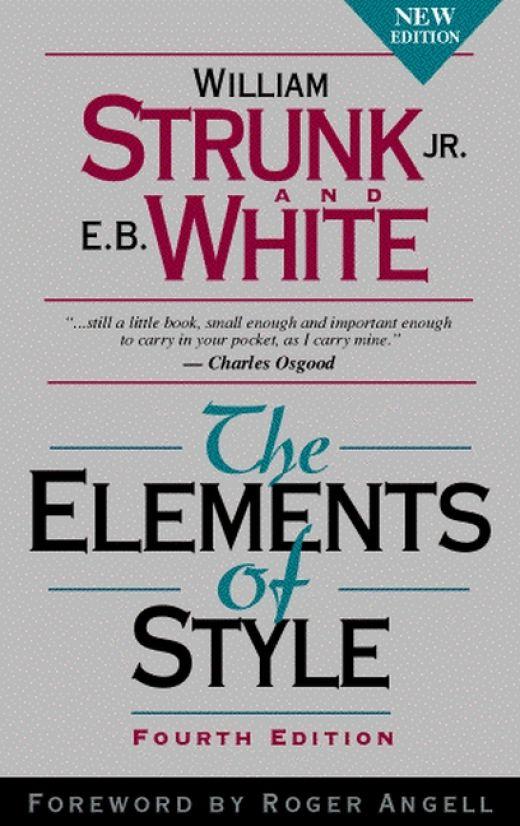Some writers and teachers among us, praise be to all of them, are obsessed with writing, grammar, syntax, and our English language. They argue for concise diction, debate the use of “like” versus “as,” condemn sloppy usage, and are horrified by misspellings. Recently, for instance, a reader of one of my book reviews chastised me for spelling Mary Chesnut of Civil War fame as Chestnut, a mistake that brought an immediate “mea culpa” from me.
Many bookstores devote several shelves to these books on writing and composition, ranging from such classics as Strunk and White’s “The Elements of Style” to the recently released “Dreyer’s “English: An Utterly Correct Guide to Clarity and Style.” (Some guardians of the language would shoot down “utterly,” arguing redundancy.) In these works, we find writers who love the English language with the fondness of children for their mother.







